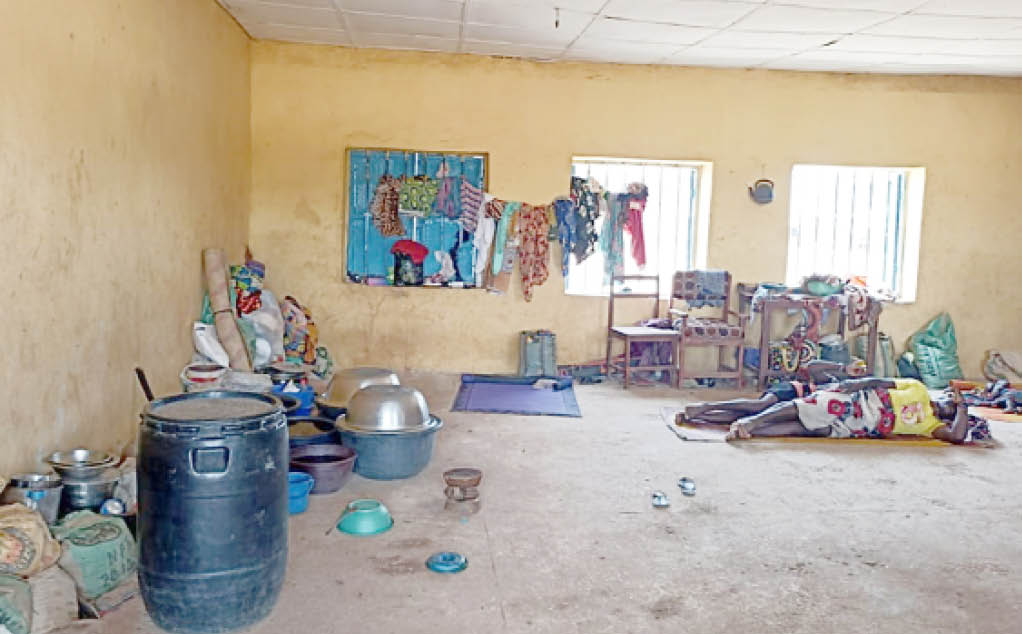TRIBUNE NG
In this report, YINKA OLUKOYA, PAUL OMOROGBE, JUSTICE NWAFOR, and YOMI AYELESO report how bank staff members in Nigeria are coping with the pressure from the public due to naira scarcity.
For 28-year-old Chidinma Festus (not her real name), work-life as she knew it has changed. Just two weeks ago, Chidinma, an employee of one of the new generation banks would typically dress opulently and practically catwalk into the bank’s high-rise headquarters in Lagos’ Marina axis. She would attach her name tag to her chest on the right side, a few meters from the bank’s entrance, and hang her identity card below her breast on the other side. On her way into her office, Chidinma would smile and say hello to each person.
Things are not the same anymore. Now, Chidinma literally sneaks into her office. No more name tags, no more opulent attire that would indicate she is a banker. Her identity card now has a special place in her purse, which would be squeezed into a bigger handbag. The smiles are now scarce, and brisk footsteps have taken the place of her elegant catwalk.
“We were warned to dress down and not to hang our identity cards and name tags,” she told the Nigeria Tribune. “People are angry and would be ready to lynch you if they discovered that you are a bank staff,” she said.
She clarified that despite the precautions, they still face danger and must exercise extreme caution when moving about. “Now, once it is 5 p.m., everybody is expected to leave the office. You no longer dress impeccably and do the shakara that comes with working in a bank. Since we could be attacked at any time, we now take every precaution to hide the fact that we work in a bank,” Chidinma told the Nigerian Tribune on the telephone.
Chidinma is only one of the thousands of bank employees whose lives have recently been in danger as a result of the frustration Nigerians experience when trying to get cash from Automated Teller Machines (ATMs) and from bank tellers in person.
Recall that on October 26, 2022, Godwin Emefiele, the governor of the Central Bank of Nigeria (CBN), announced the apex bank’s intention to redesign and issue new N200, N500, and N1,000 notes.
Therefore, before the deadline of January 31, 2023, Nigerians who possess cash in any of these denominations must return it to their banks.
Two days before the deadline, the apex bank extended the deadline by 10 days and assured that there were enough notes to serve Nigerians. But the situation appears to contradict the apex bank’s assurances. Long queues persist, and point-of-sale (POS) operators now charge up to 20 per cent of any withdrawn amounts. At first, only the new notes were difficult to find, but now even the old notes are in short supply.
Many Nigerians have protested the ongoing shortage on the streets of Nigeria’s major cities and, on some occasions, attacked bank employees because the banks are unable to give them cash. As crowds of people waited to lynch them at the gates, bank employees were seen in some social media videos scaling fences to leave after business hours.
The Ekiti experience
Following the escalating tension over the dearth of the new naira notes in the state, many bank officials in Ekiti State now live in fear. The Nigerian Tribune observed that incidents involving assaults and harassment of commercial bank employees in other states have unnerved many of them in the state.


